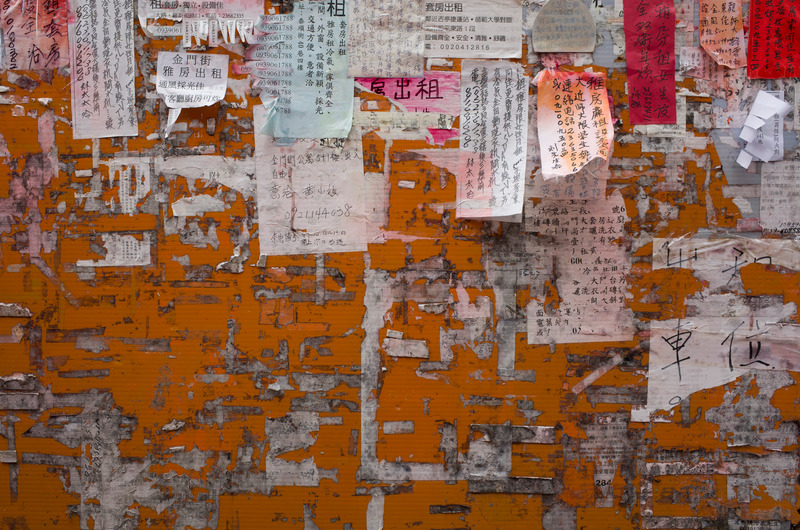By Polly Campbell
I’ve spent most of the morning trying not to write an essay about a family tradition. It’s first on my To Do List. The deadline is a week away, which, for someone who over-ponders just about everything, is not long. I sat down with the intent to knock it out, get’er done, finish it up. Still, so far, I’ve got nada.
So, on days like today then, when I’m not writing, when in fact, I’m avoiding writing altogether, I’ve got to settle down and give my permission again to create crap. Then I set the timer.
I don’t buy into this baloney that we become blocked, or that we’ve got no material left within us. We are material makers. We are a part of this ever-expanding creative Universe. It is within us and psychologists now know that we are all creative, it’s innate.
But, by the time we settle into second grade, we are working hard to suppress any aspect of our creative nature that is, well, creative. As we grow older we begin to stifle those parts of ourselves that we see as unique, or different. We want to fit in, be right, color between the lines.
As grown-ups then – as writers too – we spend a great deal of our creative energy trying to do just the opposite. We actually want to be different, to come up with the next big thing. We want our work to reflect our unique voice. We want our writing to illuminate in a way that hasn’t been done before. And we go into suppression mode again, this time suppressing the inner critic, the one we allowed to take hold of our 7-year-old psyche.
The only way to really quiet those critical inner voices is to give yourself permission to get messy. To create no matter the fear or the doubt or the gossip. To begin, again, to color outside the lines and this time, to relish the process.
In my book Imperfect Spirituality: Extraordinary Enlightenment for Ordinary People, I write that every creative process requires “trial and error, experimentation, exploration, mess, sleepless nights, lots of coffee and sometimes M&M eating (or is that just me?) Sometimes it also requires tolerance for the terrible because in the beginning, the process is rough and unpolished.”
So, this a.m. when I was avoiding the essay, I realized I was mostly just trying to avoid the mess. Trying to stay away from the terribleness sure to show up on the page.
It’s been years since I wrote an essay for publication. I knew I’d need to muddle through parts, make mistakes and find my way through and I didn’t feel up to it. I even felt a little afraid that I couldn’t make it work. That it would never be good enough for publication. That fear was enough to keep me from creating anything – for awhile.
Then I remembered that I am a creator. I make stuff and the process is worthwhile even when it isn’t easy or clean. With that awareness I did what I often do when I’m caught sabotaging myself: I sat down at the computer, set a timer and got started. I committed to writing for just 10 minutes. I knew that by the end of the 10 minutes I’d be sucked in and wrapped up in the idea and the writing and I would be on my way.
It worked of course. And of course, I wrote crap. It’s not ready for publication. Seriously, it’s a mess. It really is. But now, I have the words out there. There is something to see and shape and mold into something better and more polished. I won’t brag about the writing just yet, but today I reminded myself of how much better it feels to create than to sit and worry about our inadequacies.
We do better, feel more connected and alive, when we allow ourselves to make something – even if it is rife with imperfection and mistake.
Perfection can only catch you up, keep you stuck in the realm of routine. But, when you embrace the messy process of creation, the trial and error and experimentation you have a chance to do something expansive and meaningful and that always feels better than coloring between the lines.
Polly Campbell wrote Imperfect Spirituality.http://imperfectspirituality.com/
Photo by Lázaro Revoledo

